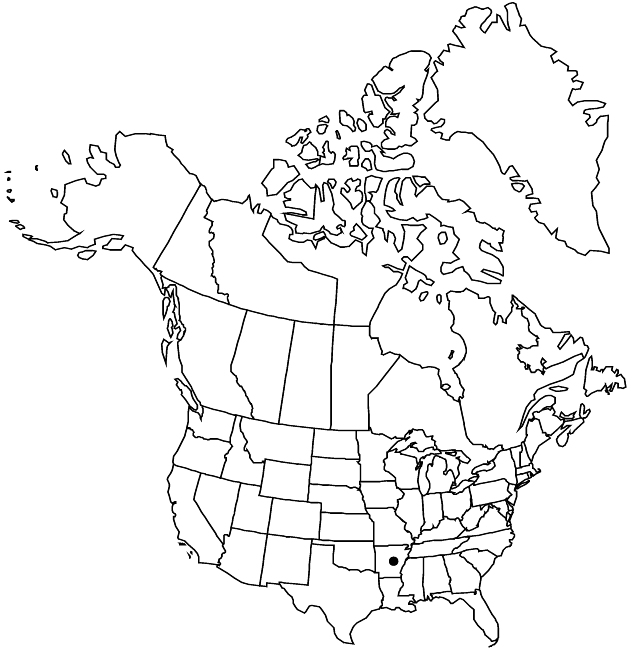Difference between revisions of "Helenium campestre"
Fl. S.E. U.S., 1291, 1341. 1903.
imported>Volume Importer |
imported>Volume Importer |
||
| Line 50: | Line 50: | ||
|publication year=1903 | |publication year=1903 | ||
|special status=Endemic | |special status=Endemic | ||
| − | |source xml=https:// | + | |source xml=https://bitbucket.org/aafc-mbb/fna-data-curation/src/2e0870ddd59836b60bcf96646a41e87ea5a5943a/coarse_grained_fna_xml/V19-20-21/V21_1074.xml |
|tribe=Asteraceae tribe Heliantheae | |tribe=Asteraceae tribe Heliantheae | ||
|subtribe=Asteraceae (tribe Heliantheae) subtribe Gaillardiinae | |subtribe=Asteraceae (tribe Heliantheae) subtribe Gaillardiinae | ||
Latest revision as of 20:07, 5 November 2020
Perennials, 40–100 cm. Stems usually 1, branched distally, moderately to strongly winged, densely (the proximal) to moderately hairy. Leaves moderately to densely hairy; basal blades oblanceolate to obovate to spatulate, entire or undulate-serrate; proximal and mid blades oblanceolate to lanceolate, usually entire, sometimes undulate-serrate; distal blades lanceolate to lance-linear, entire. Heads 3–20 per plant, in paniculiform to corymbiform arrays. Peduncles 3–11 cm, moderately to densely hairy. Involucres globoid to ovoid, 9–17 × 10–20 mm. Phyllaries (barely connate proximally) moderately to densely hairy. Ray florets 9–15, neuter; corollas yellow, 20–30 × 8–15 mm. Disc florets 150–500(–700+); corollas yellow proximally, reddish brown to purple distally, 3–5 mm, lobes 5. Cypselae 1–1.4 mm, sparsely to moderately hairy; pappi of 6–7, entire, non-aristate scales 0.3–0.5 mm. 2n = 28.
Phenology: Flowering May–Jun(–Jul).
Habitat: Ditches, fields, in washes, along streams
Elevation: 100–200 m
Discussion
Selected References
None.
